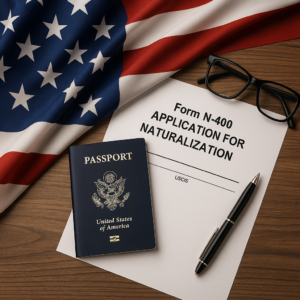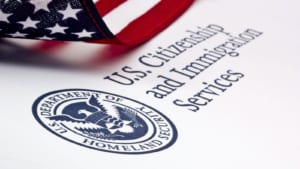The Adam Walsh Child Protection and Safety Act of 2006 (“AWA”) is a U.S. federal statute that aims to protect children from sexual exploitation and violent crimes. The AWA was named after Adam Walsh, a child who was abducted and murdered in the State of Florida in 1981. Following young Adam’s death, the child’s father, John Walsh rose to become a leading television presenter, criminologist and victims’ rights activist.
The AWA contains several provisions, including:
- Sex Offender Registration and Notification: The act establishes a national sex offender registry and requires sex offenders to register with the local police and keep their information current. It also requires states to adopt and implement registration and notification programs for covered sex offenders.
- Tiered Registration System: The act introduces a three-tiered system for classifying sex offenders based on the severity of their crimes. Offenders classified under Tier 3 are considered the most dangerous and subjected to the strictest possible registration requirements.
- Mandatory Minimum Standards for Registration: The act establishes minimum standards that states must meet regarding registration and notification of covered sex offenders.
- Child Pornography Offenses: The act establishes penalties for child pornography offenses and includes provisions to address online dissemination.
- Sexual Predator Tracking Apprehension: The act allocates federal resources for the tracking and apprehension of sex offenders with a particular focus on those who fail to register or comply with registration requirements.
- International Megan’s Law: Amended in 2016, this added provision requires the advanced notification of destination countries where a convicted sex offender intends to travel abroad.
The AWA imposes serious restrictions on the ability of U.S. Citizens and Lawful Permanent Residents who have been convicted of certain offenses against minors from being able to petition family members for immigrant visas with the United States Citizenship and Immigration Services (“USCIS”) unless the Secretary of Homeland Security determines in his or her sole and unreviewable discretion that petitioner poses no risk to the beneficiary of the visa petition.
Those fall under the AWA and wish to petition family members are strongly encouraged to consult with an immigration attorney.
For more information, contact us at info@enterlinepartners.com and speak with a U.S. immigration attorney in Ho Chi Minh City, Manila and Taipei.
Ho Chi Minh City, Vietnam Office
146C7 Nguyen Van Huong St, Thao Dien Ward,
District 2, Thu Duc City
Ho Chi Minh City, Vietnam
Tel: +84 933 301 488
Email: info@enterlinepartners.com
Facebook: Enterline & Partners – Dịch vụ Thị thực và Định cư Hoa Kỳ
YouTube: @EnterlineAndPartnersConsulting
Website: https://enterlinepartners.com/
Manila, Philippines Office
Tel: +63 917 543 7926
Email: info@enterlinepartners.com
Facebook: Enterline and Partners Philippines
Website: https://enterlinepartners.com/en/home/
Copyright 2023. This article is for information purposes only and does not constitute legal advice. This article may be changed with or without notice. The opinions expressed in this article are those of Enterline and Partners only.




